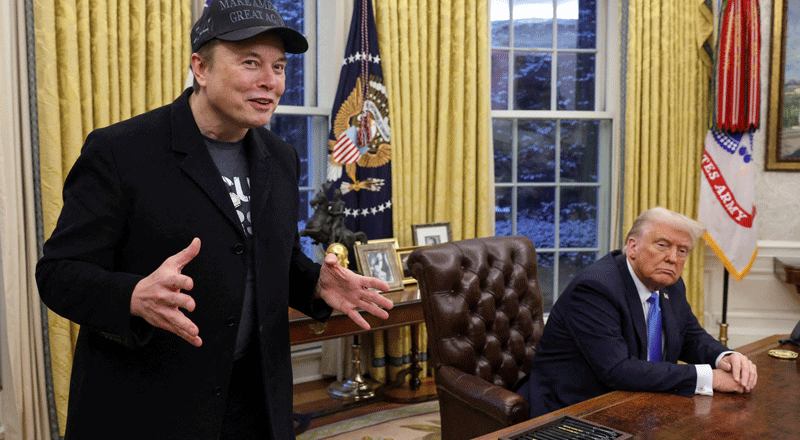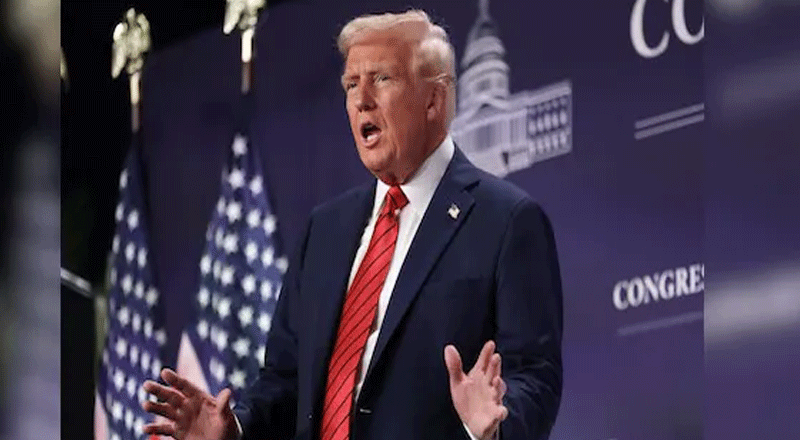The Israeli defence chief whose dismissal by Prime Minister Benjamin Netanyahu brought the country’s constitutional crisis to a boil is staying in office until further notice, suggesting government indecision on how to proceed.
Beset by three months of unprecedented protests against his nationalist-religious coalition’s signature plan to overhaul the judiciary, Netanyahu hit the pause button and called for compromise negotiations with the centre-left opposition. The opposition, citing the continued presence of the highly contested bill on parliament’s line-up, threatened to boycott any talks should it proceed.
The suspension of the reforms stabilised Israel’s shaken economy and was welcomed by Western powers. Foreign Minister Eli Cohen was launching a diplomatic outreach aimed at reburnishing Israel’s democratic credentials internationally.
The U.S. ambassador to Israel said Netanyahu could get a long-awaited invitation to the White House soon. But questions lingered about Netanyahu’s credibility – including in his own camp – after open dissent by some senior Likud party colleagues. An opinion poll by top-rated Channel 12 TV found that 63% of Israelis – and 58% of Likud voters – opposed Gallant’s ouster. Similar majorities supported Netanyahu pausing the reforms.
Cohen sought to recast the reforms, the storm they prompted and Netanyahu’s outreach to his opponents as sources of pride. “The events of these weeks should only bolster our position in the world,” Cohen told Reuters, adding the judicial overhaul showed “that we want to strengthen democracy and public trust”. Cohen said he would convene foreign ambassadors next week to drive home that message after briefing Israel’s diplomats on it.
U.S. Ambassador Tom Nides sounded upbeat about the mostly non-violent protests, telling Israel’s Ynet TV: “That’s the beauty of democracy. People are expressing their views. We want to continue making sure that this continues,” he added.
Critics fear Netanyahu, who is under trial on graft charges that he denies, plans to use the reforms to curb the independence of the courts. He says he seeks balance among branches of government.
While Israeli streets were mostly quiet on Tuesday, some of the tens of thousands of Israelis who have held escalating protests against the judicial overhaul said they would return. “I will continue protesting until these reforms are completely dropped, because this isn’t a set of reforms, this is a coup by the executive,” said Eitan Kahana, a 27-year-old demonstrator in Jerusalem.





